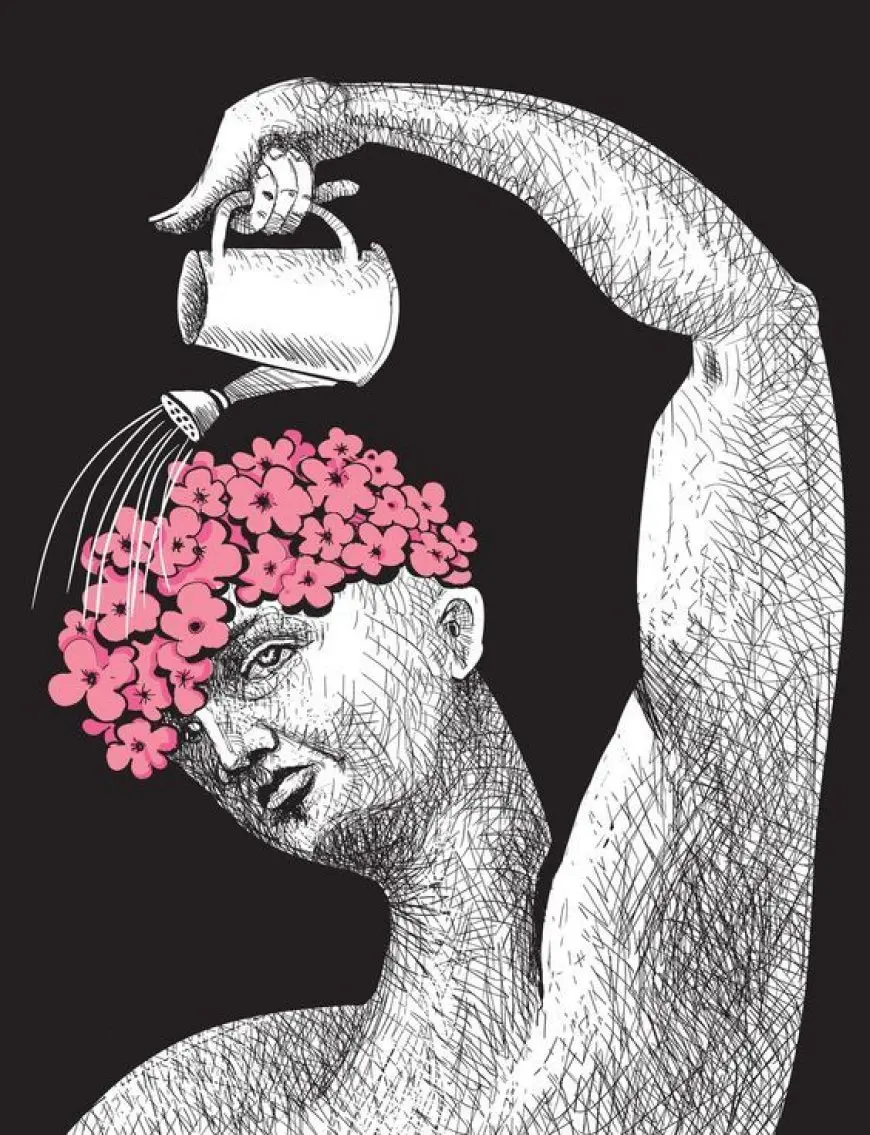The Benefits of Journaling for Mental Health
The Benefits of Journaling for Mental Health

The Benefits of Journaling for Mental Health
Journaling is a simple yet powerful practice that can significantly improve your mental health. By putting thoughts and feelings into words, you can process emotions, reduce stress, and gain clarity about your experiences. Whether you keep a structured journal or write freely, this habit can offer profound benefits for your emotional well-being.
Reduces Stress and Anxiety
Writing about your worries and concerns helps to release pent-up emotions. By transferring these feelings onto paper, you can distance yourself from negative thoughts and gain a sense of control over them. Journaling can also help you identify patterns in your stressors, allowing you to address them more effectively.
Boosts Emotional Awareness
Journaling encourages self-reflection, which deepens your understanding of your emotions. Regularly examining how you feel and why helps you develop self-awareness and recognize the triggers behind your moods. This awareness is the first step toward managing your emotions in a healthier way.
Improves Problem-Solving Skills
When faced with challenges, journaling can help you organize your thoughts and consider possible solutions. Writing gives you a structured way to analyze problems, evaluate your options, and gain new perspectives. This can reduce feelings of overwhelm and empower you to take constructive action.
Enhances Mood and Positivity
Gratitude journaling—writing about the things you are thankful for—can improve your outlook on life. Focusing on positive aspects helps reframe your mindset and reduce negative thinking. Over time, this practice can lead to increased happiness and emotional resilience.
Provides a Safe Emotional Outlet
A journal is a judgment-free space where you can express your feelings without fear of criticism. Whether you’re experiencing anger, sadness, or joy, writing allows you to process and validate your emotions in a safe and private environment.
Supports Trauma Healing
For those who have experienced trauma, journaling can be a therapeutic tool. Writing about difficult events can help you make sense of what happened and process unresolved feelings. Over time, this can contribute to emotional healing and reduced symptoms of post-traumatic stress.
Encourages Mindfulness
Journaling requires you to slow down and focus on the present moment. As you write, you become more attuned to your thoughts and feelings, fostering a sense of mindfulness. This practice can help you stay grounded and calm during stressful times.
Tracks Personal Growth
Looking back on past journal entries can reveal how much you’ve grown and overcome. This reflection can boost your confidence and remind you of your resilience. It’s also a great way to celebrate small wins and recognize progress in areas where you’ve worked hard.
Supports Mental Clarity
When your mind feels cluttered, journaling can help you organize your thoughts. Writing can act as a mental decluttering process, allowing you to clear confusion and focus on what truly matters. This clarity can lead to better decision-making and greater peace of mind.
How to Get Started with Journaling
- Find a quiet space and dedicate time to write each day.
- Choose a journaling style that suits you, such as freewriting, bullet journaling, or guided prompts.
- Be honest and write without self-judgment—your journal is for your eyes only.
- Experiment with different topics, such as gratitude, goals, or reflections on your day.
Journaling is a versatile tool for improving mental health, offering benefits like reduced stress, greater self-awareness, and emotional healing. By making journaling a regular habit, you can gain insight into your inner world, build resilience, and foster a deeper connection with yourself. Whether you write daily or whenever you feel the need, journaling is a practice that can support your well-being in meaningful ways.







